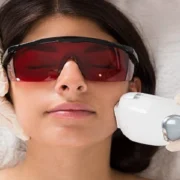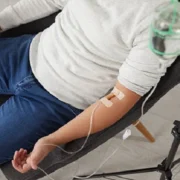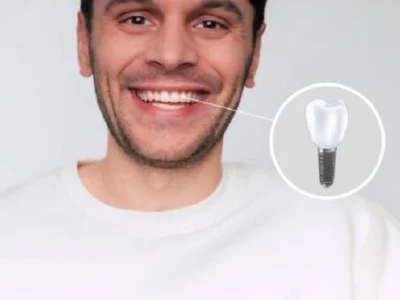When many of us think of addiction treatment, we might conjure up an image that seems pretty depressing. Unless you’re a movie star, pop star, rock star, or just plain mega-rich, is it really possible to have a positive experience getting sober?
You might be shocked at the answer, but there’s a growing trend of positive, uplifting addiction treatment in Arkansas, Texas, Illinois, and other states you might not traditionally associated with the phrase “a really cool rehab.” They do exist, and they exist for regular people, and their numbers are growing every year.
We want to look at six styles of addiction treatment that you may find today, so let’s take a deep dive.
Counseling
Not everyone who struggles with substance use needs (or can afford) to go to an addiction treatment facility. While you may be surprised to find out how much rehab your insurance will cover, there are many of us who simply don’t have insurance. Or we can’t get away from our day-to-day lives, even for something as important and beneficial as getting sober.
This is where counseling comes in. You might even look as close as your local church. The ACBC trains and accredits counselors to help face a variety of situations, from PTSD to depression and more, and these services are often provided free of charge–no strings attached. And there’s even a TV show made about this style of counseling, to give you an idea of what your experience may be like.
Detox
If you go to a rehab facility for treatment, there’s a strong chance that you’ll start out in detox. This is because when you stop ingesting certain substances, your body will go through a potentially dangerous or even life-threatening detox period, and it is best to let this happen under experienced medical supervision.
These days–depending on the rehab, at least–many facilities will do everything in their power to make the detox experience as comfortable as possible. This can range from upscale amenities to Medication Assisted Treatment (M.A.T.), which is often used to treat opioid use disorders. While you’re “sweating it out,” a rehab may combine trauma-informed counseling and behavioral therapies to provide a comprehensive, “whole-person” treatment program specifically tailored to your needs.
Residential Treatment
Residential treatment typically takes place immediately following a medically-supervised detox. The timeframe for this (as well as the programs below) can vary depending on what you’re seeking treatment for and other factors.
Some pundits may argue that a residential drug and alcohol treatment program is the best and only option, but as you will see below, there are other options that may be more suitable on a case-by-case basis.
Again, a lot of this would be determined by the severity of the addiction and other extenuating factors, and it is best discussed with the counselors at the rehab you’re thinking of attending.
Partial Hospitalization Program (PHP)
A Partial Hospitalization Program is a step below a residential treatment program, and for some, this may be all that is needed. PHPs are structured programs where you receive intensive treatment during the day but go home at night. If you’re skimming through the section headings here, you might wonder how this is different from an IOP (in the next section below). After all, they’re both outpatient treatment programs.
A PHP is actually more intensive than an IOP in a few ways, such as:
- PHP sessions are typically longer and more frequent than IOP sessions
- PHPs typically offer medical and psychiatric support, which is not necessarily something an IOP might offer
- A PHP can be more expensive than an IOP
- A PHP maybe a transitory stage, leading to an IOP
Meanwhile, PHPs are less intensive than Residential Treatment.
Intensive Outpatient Treatment (IOP)
An IOP is one step removed from a PHP, but at the same time, it’s more intensive than outpatient treatment (below). Although you’re going home when your sessions are done, in an IOP you’re still showing up for several hours at a time, multiple days per week. Depending on the treatment center, you may engage in behavioral therapy, group therapy, individual therapy, and/or medication management.
Outpatient Treatment
Finally, outpatient treatment is even less intensive than an IOP, and may involve just a few hours (and only one day) per week.
Conclusion
Addiction treatment and recovery are not a one-size-fits-all process. It’s best to do your research and explore all of the options. You may be surprised what you can explore in terms of a rehab facility; on the other side of the coin, seeking immediate counseling can help you prepare for another type of treatment.
Revive Fitness Routine with These Proven Tips










Comments